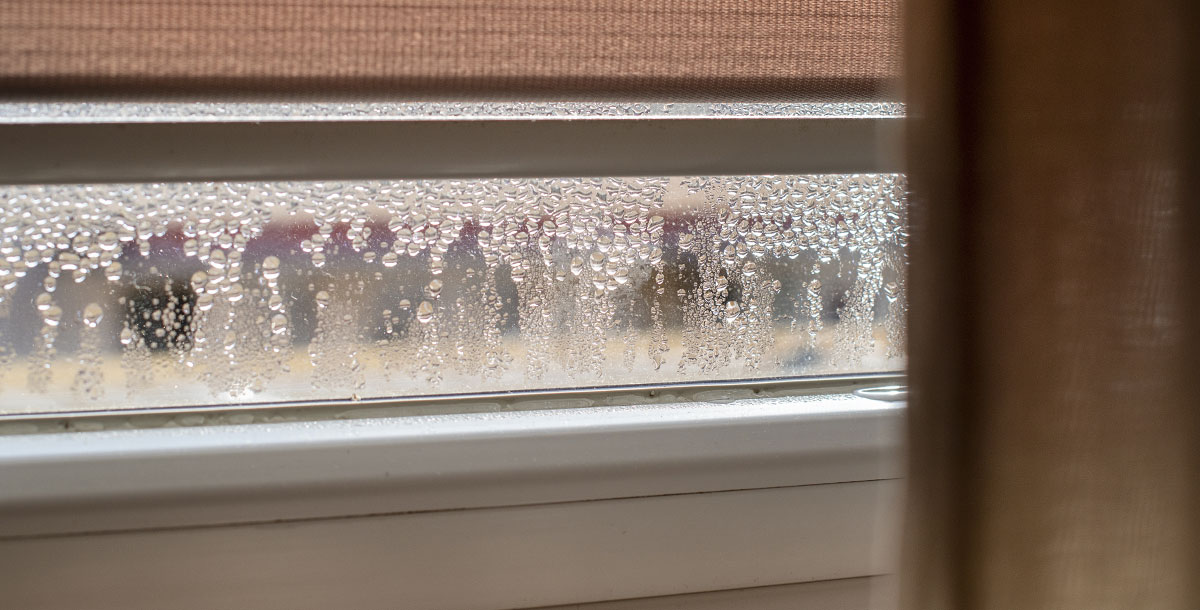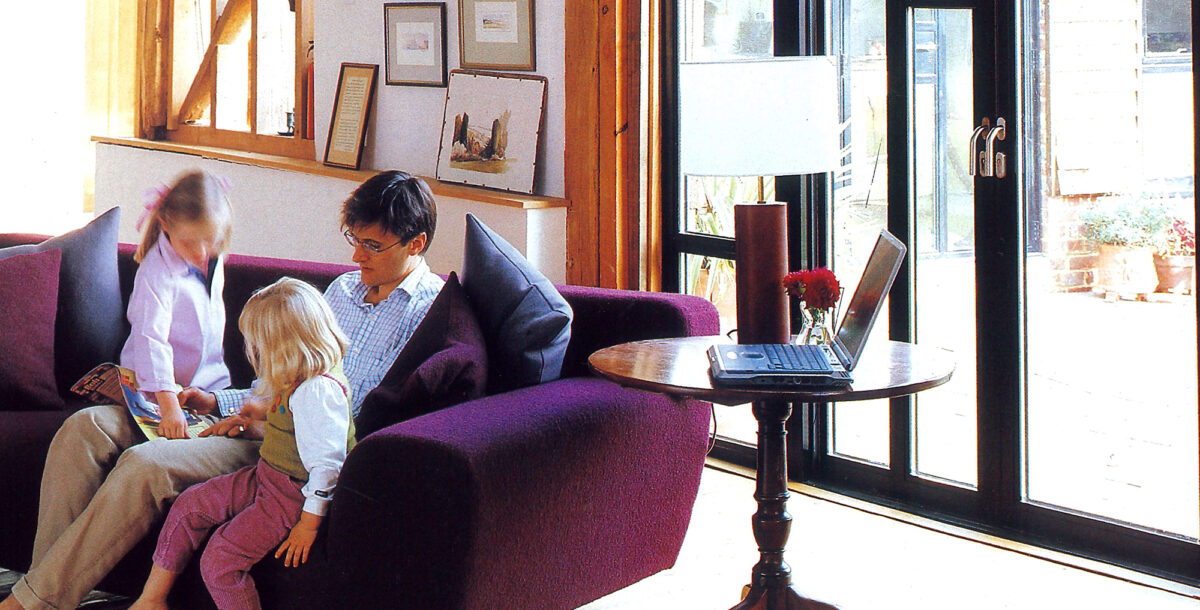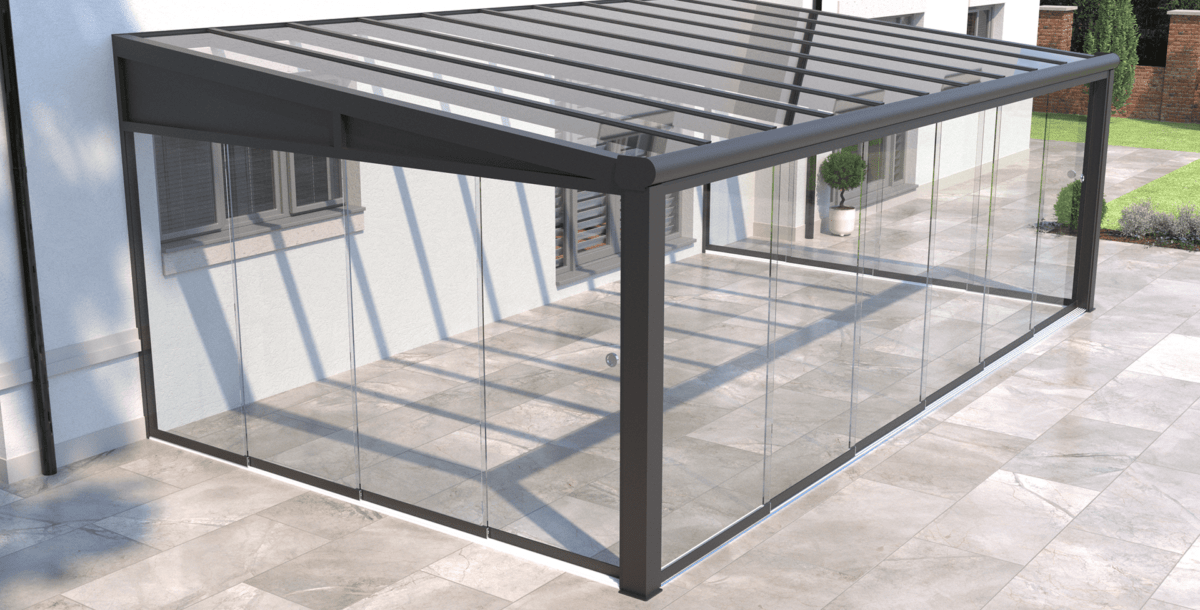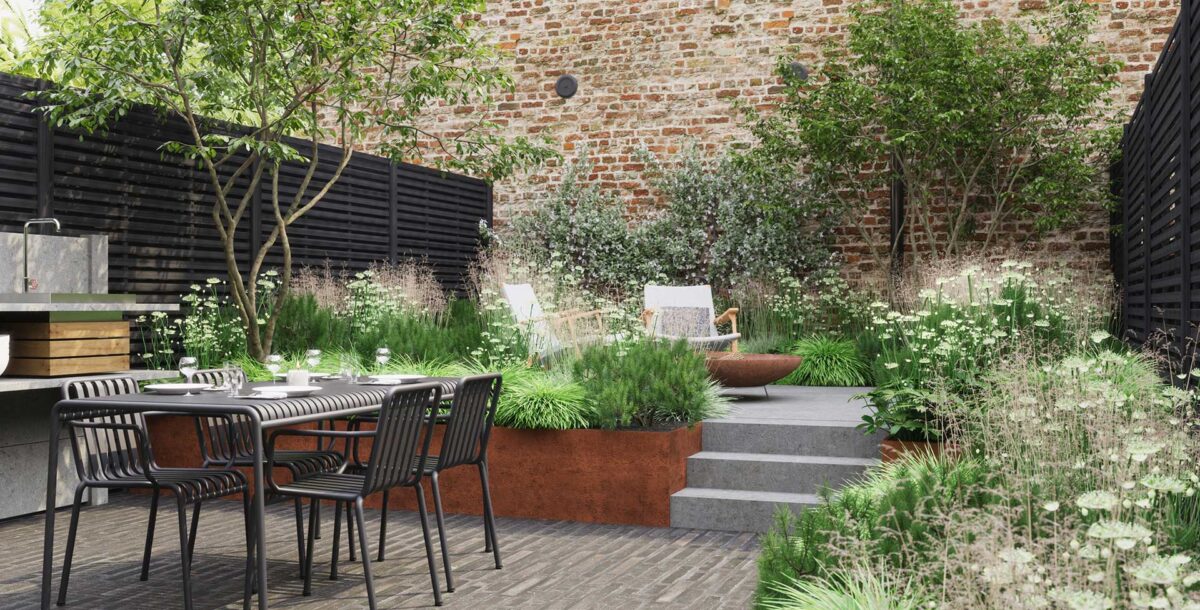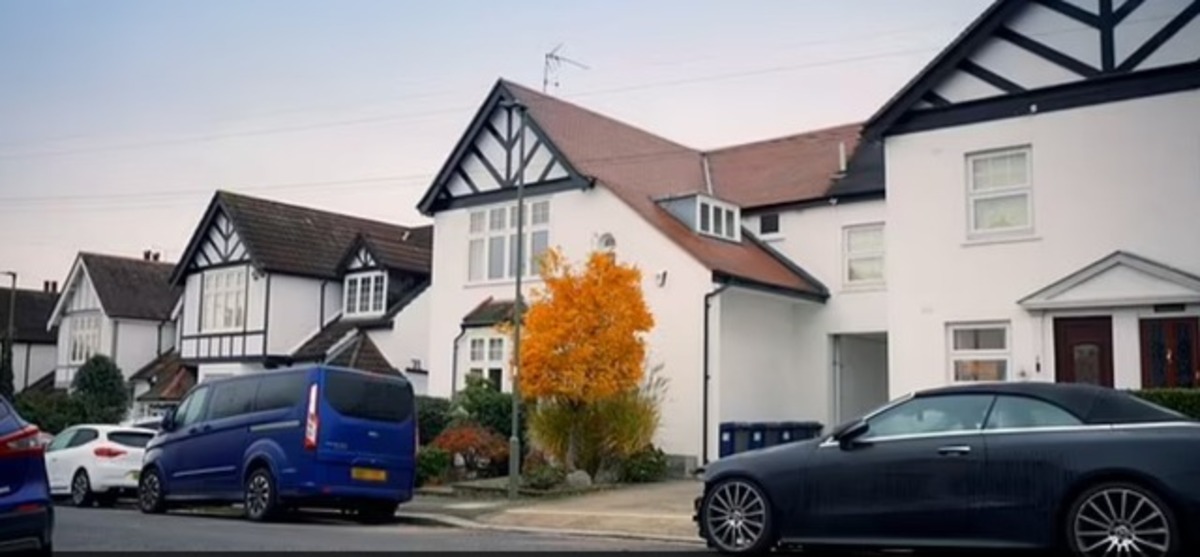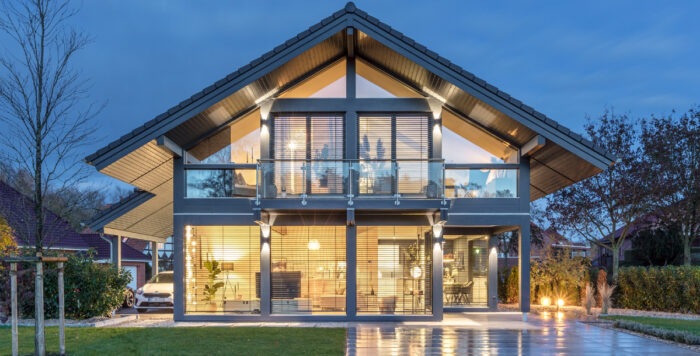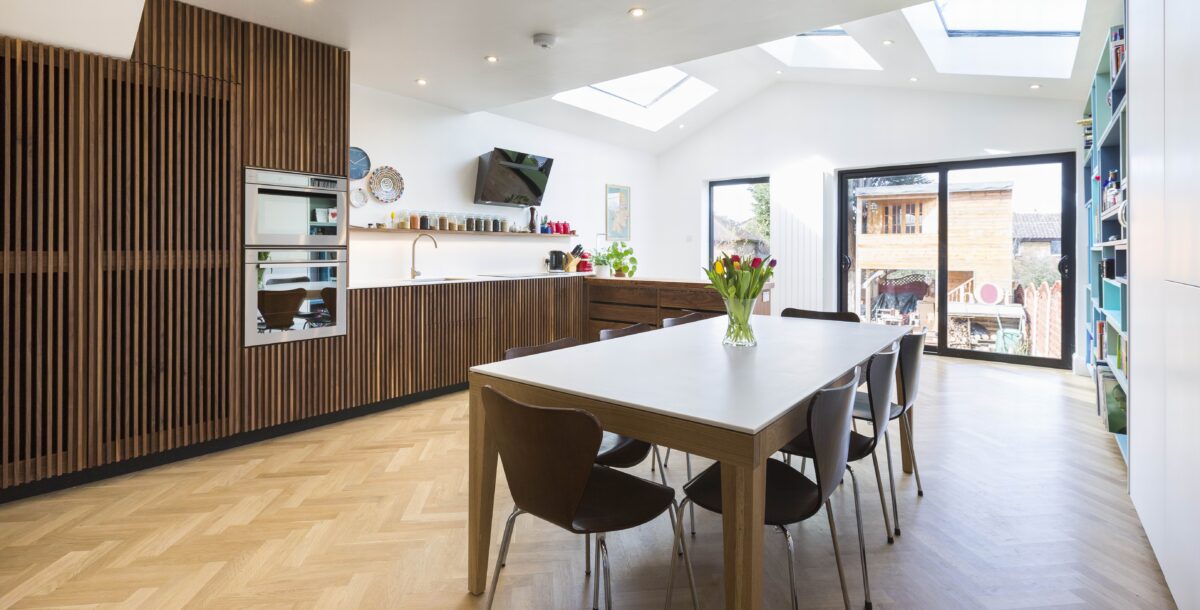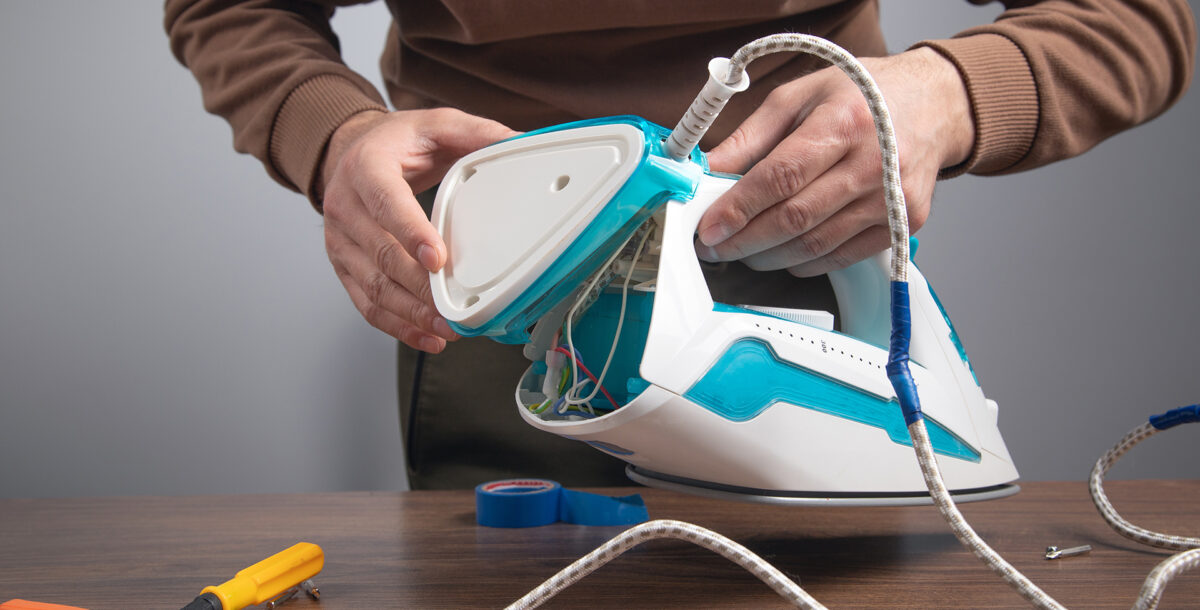Is condensation normal in a new build?
Some moisture is natural as new homes dry out, but a persistent problem needs to be treated
You’ve just moved into your new home and things are looking just fine. But what do you do if you spot the signs of condensation? ABC+ Warranty, supplier of Approved Building Certificates and Warranties for new builds, has the answers.
Is condensation normal in a new build?
Condensation in new builds is normal. They are particularly susceptible to it while they dry out. A lot of water comes in during construction, from concrete, brick-laying and plastering, for example. It can take between six months to a year for a new build property to fully dry out. If you notice the tell-tale signs and have an ABC+ Warranty, simply contact them for advice.
What should I look out for?
In some cases, there’s just too much moisture in new homes. Look out for water droplets on windows or walls, window frames with signs of decay or stains and wet corners, or damp walls causing peeling paper. Where the relative humidity is above 68%, mould will grow if it is already present on a surface. Musty, damp smells will ensue and you may spot black mould on walls, curtains, carpets, bathroom tiles and window sills.
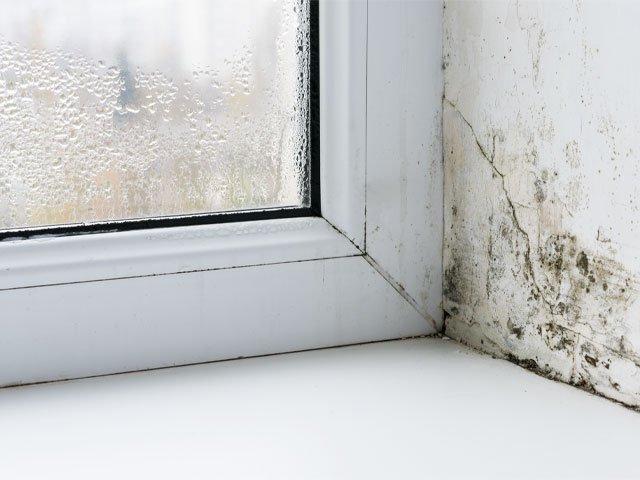
Condensation in new builds is normal, but water droplets on windows or damp walls means there is too much moisture. Photo: andrei310 / Adobe
Aren’t modern houses designed to regulate the moisture?
Daily activities such as showering or drying clothes can increase the amount of moisture in our homes. Opening a window is a simple solution. However, condensation in new builds shouldn’t be the case if your home incorporates a mechanical ventilation and heat recovery (MVHR) system. This whole-house ventilation system will remove stale air from your property, replacing it with clean, warmed air. It will reduce condensation and keep your property smelling fresh.
Which parts of a home could be causing condensation?
Does your home have a breathable felt membrane on the roof? Has the property been designed with external soffit ventilation and associated roof ventilation, such as ridge vents and tile vents? Another point to consider is whether homes with a suspended floor have sufficient sub-floor ventilation and vapour control layers.
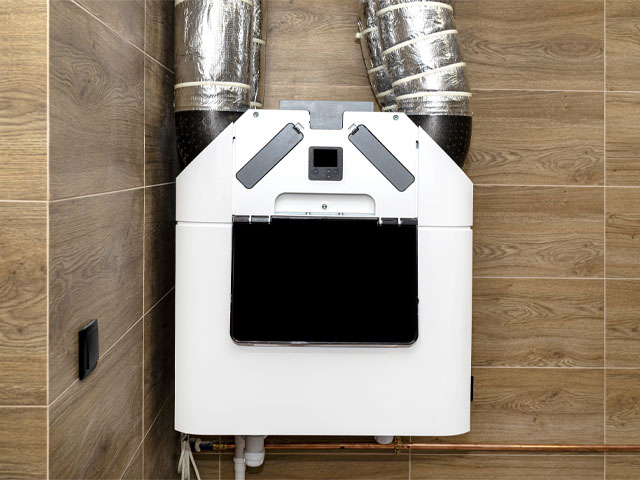
A mechanical ventilation and heat recovery (MVHR) system should prevent condensation in new builds. Photo: Kinek00 / Shutterstock
How will ABC+ Warranty help?
First and foremost, ABC+ Warranty advises self builders to prevent condensation in new builds ever becoming an issue. If you have taken out a warranty, they will check that the initial drawings have been approved by the local building control authority. They will also check the inclusion of any mechanical ventilation systems during their inspections. And they’ll request a copy of the building control completion certificate, which is confirmation that the property is compliant with building regulations including Approved Document F (Ventilation).
Who treats the problem?
If the condensation in your new build is associated with poor ventilation, as a homeowner you’ll be responsible for making sure the mechanical ventilation (such as extractor fans in bathrooms) is being used correctly. If this is not working or has not been fitted, ABC+ will ensure this is rectified before issuing the warranty certificate. Condensation due to bad design will have to be rectified by a builder or specialist company and ABC+ Warranty will advise on how to proceed.
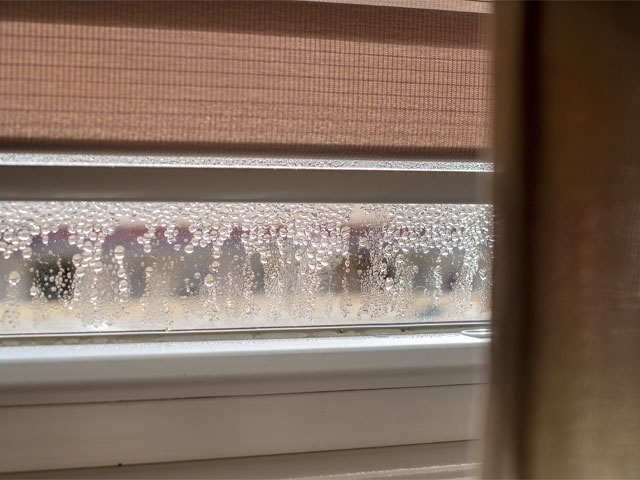
Condensation due to bad design will have to be rectified by a builder or specialist company. Photo: Martina / Adobe
Find out more
ABC+ Warranty Approved Building Certificates and Warranties are designed to give self-builders peace of mind. ABC+ Warranty is the only Royal Institute Chartered Surveyors (RICS) registered structural warranty company in the UK. For further information, see architectscertificate.co.uk or call 0161 928 8804.

